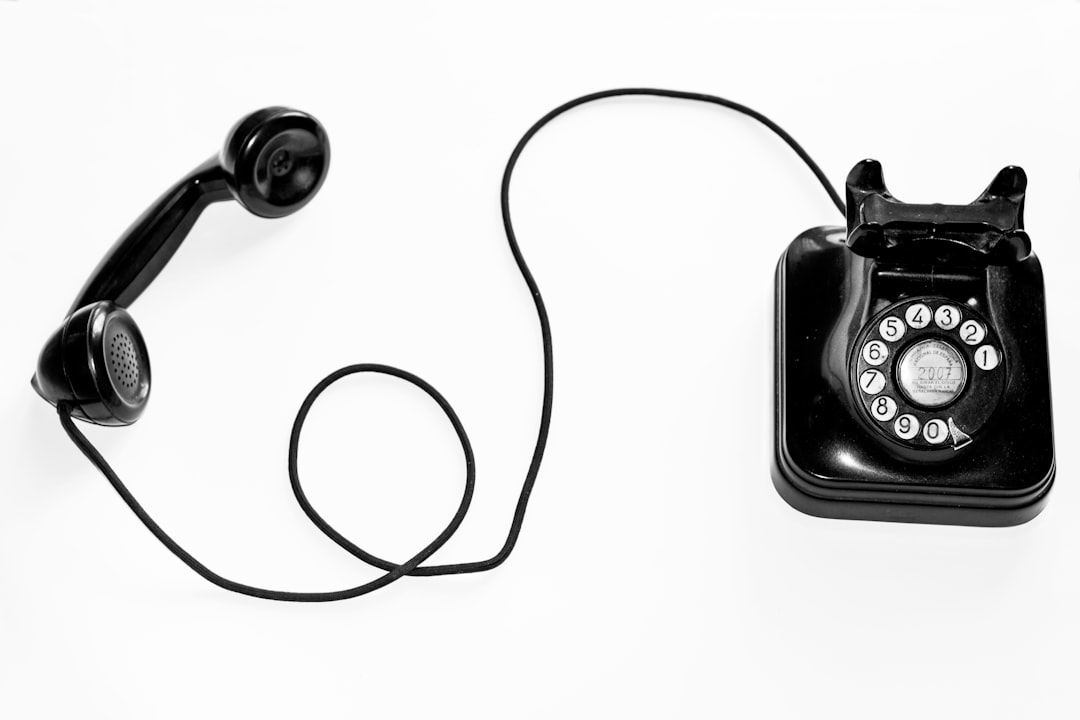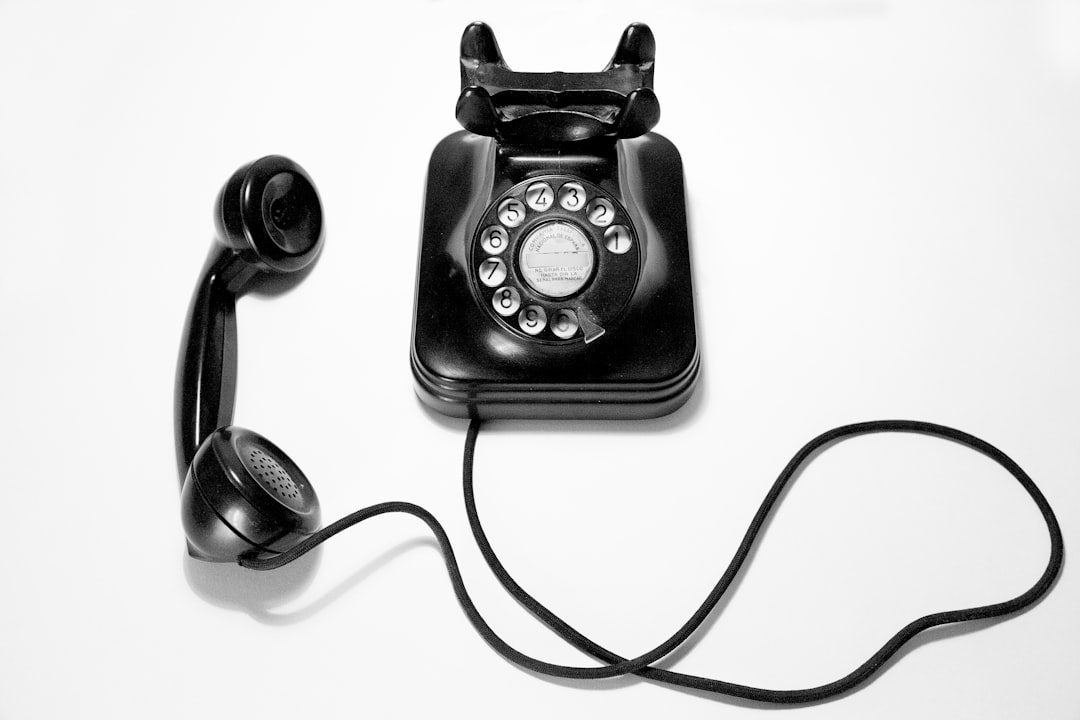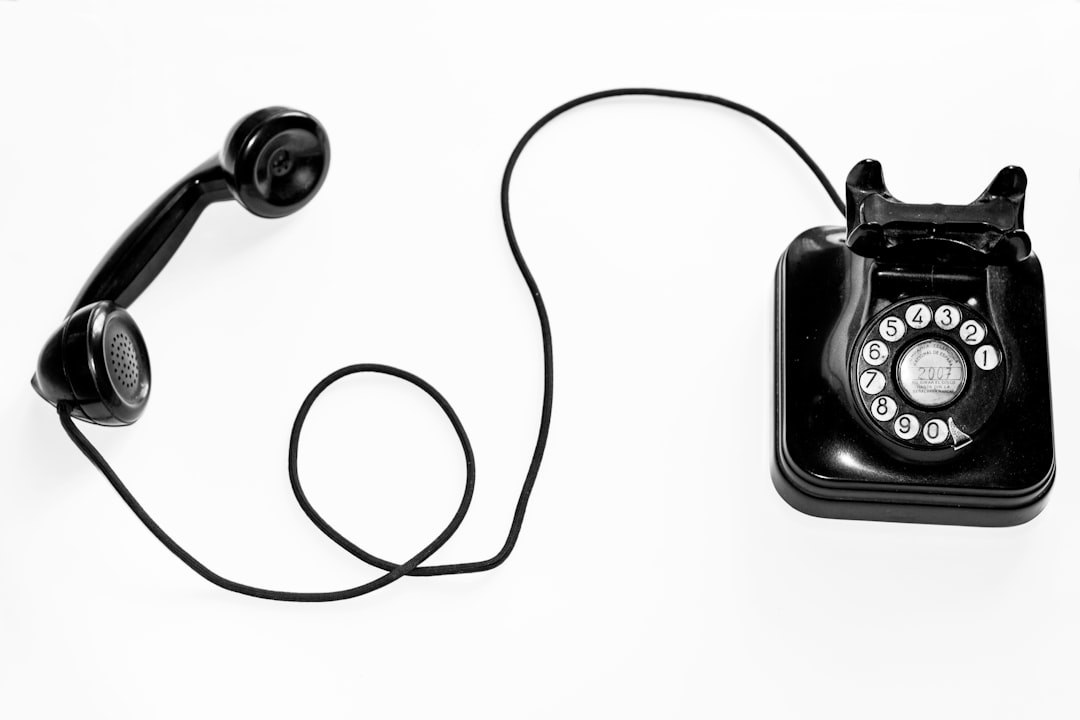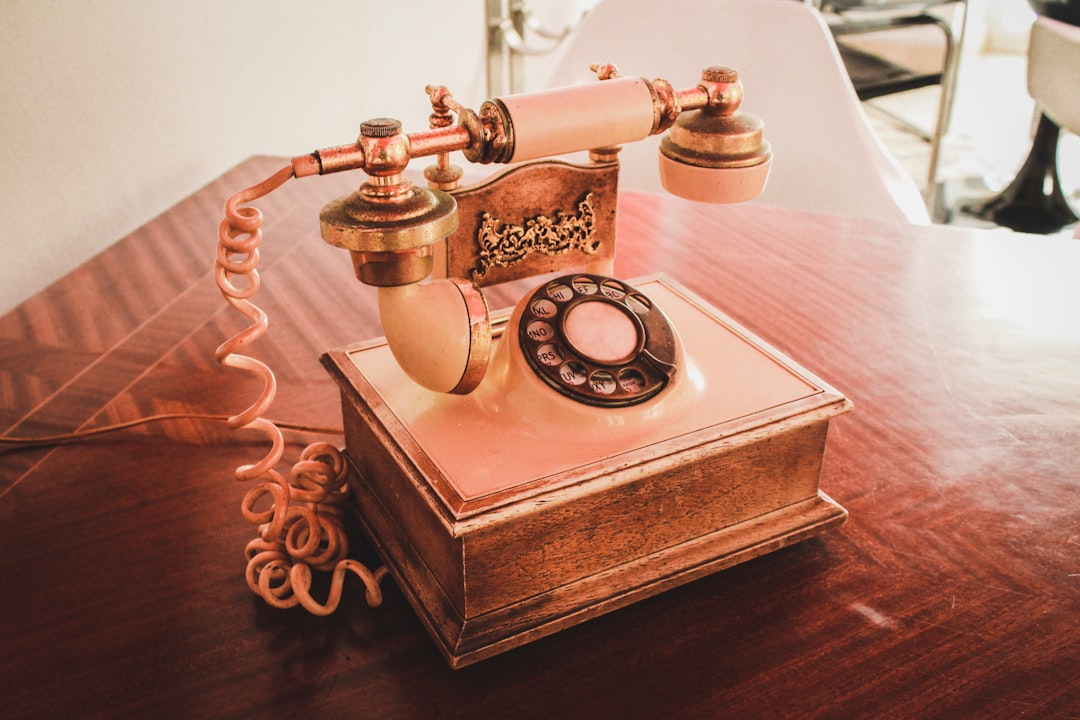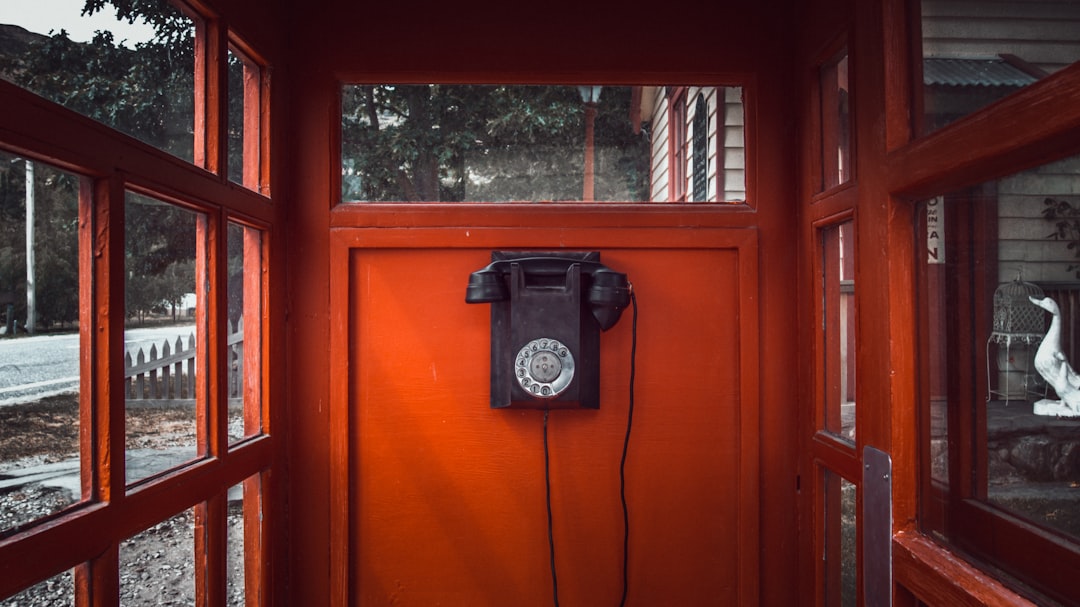Maryland marine terminal workers are targeted by scammers posing as CBP officials using intimidating language. To protect themselves, workers must remain vigilant, never disclose sensitive information without verification, and report suspicious calls or activities to management and law enforcement. By adhering to these protocols, they can safeguard against scams like the "Do Not Call Lawyer Maryland" tactic. Collaboration between employees and local authorities is crucial for incident reporting, training, and awareness campaigns to fortify defenses against evolving fraud.
In recent months, workers at Dundalk Marine Terminal in Maryland have been targeted by a sophisticated customs scam. This article provides an in-depth look at how criminals operate, offering crucial guidance on spotting and responding to suspicious calls posing as lawyers from Maryland. By understanding official customs procedures and collaborating with authorities, terminal workers can protect their rights and prevent future incidents, ensuring the security of the maritime landscape.
Understanding the Scam: How Criminals Target Marine Terminal Workers in Maryland

In recent months, marine terminal workers in Maryland have been targeted by a sophisticated scam involving fake customs calls. Criminals pose as officials from U.S. Customs and Border Protection (CBP), using intimidating language to trick employees into revealing sensitive information. They often demand immediate payment or threaten legal action for allegedly missing documentation. These scams are designed to exploit the urgency of port operations, preying on workers’ concern for their jobs and the smooth functioning of the terminal.
Workers at Dundalk Marine Terminal and similar facilities must remain vigilant against such attempts. It’s crucial to remember that CBP will never initiate a call to request sensitive information or demand immediate payment. If you receive a suspicious call, do not provide any personal or operational details. Instead, contact your supervisor or local law enforcement for verification. By staying informed and adhering to established protocols, marine terminal workers can protect themselves and their colleagues from these insidious scams.
What to Do When You Receive a Suspicious Call from Self-Proclaimed Lawyers
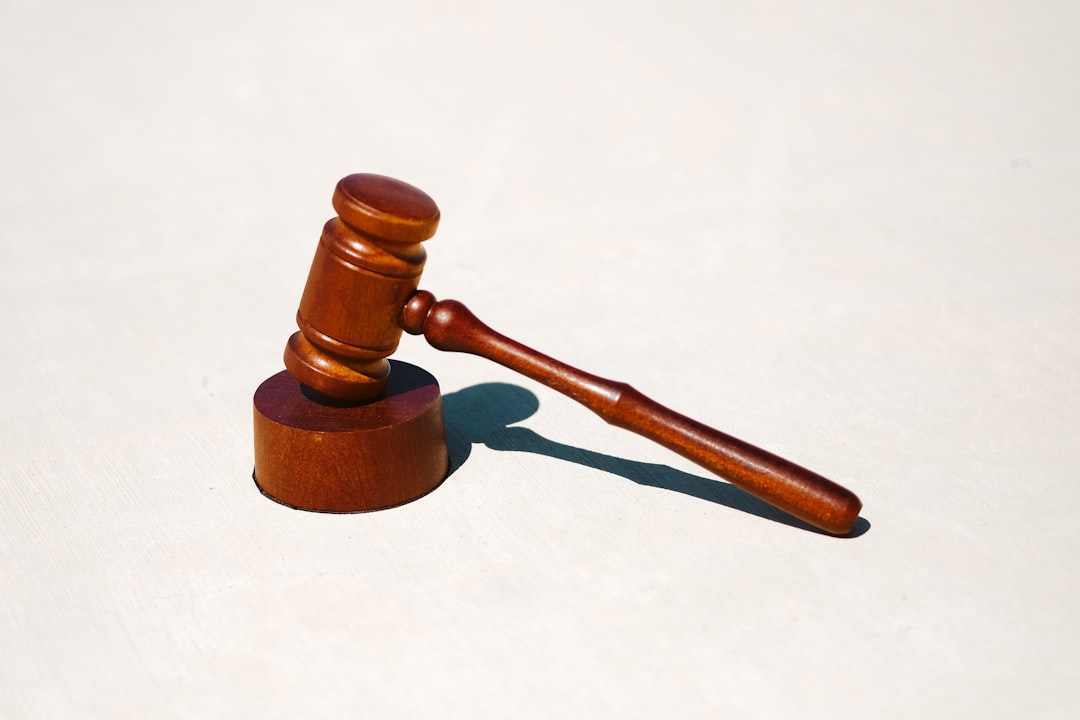
If you receive a phone call from someone claiming to be a lawyer, it’s important to remain calm and not immediately trust their claims. Self-proclaimed legal representatives often use intimidating tactics to pressure individuals into taking immediate action, such as demanding payment or threatening severe consequences. Verify the caller’s identity by contacting the law firm directly using known and official contact information. Check their credentials through official state bar associations or other reputable legal resources.
Never share sensitive personal or financial details over the phone unless you have independently confirmed the caller’s legitimacy. Remember, genuine lawyers will not pressure you for an immediate response. If in doubt, hang up and report suspicious calls to relevant authorities or consumer protection agencies. Additionally, consider registering with Do Not Call Maryland to reduce the likelihood of receiving such harassing calls in the future.
Protecting Your Rights: Official Customs Procedures for Workers at Dundalk Marine Terminal
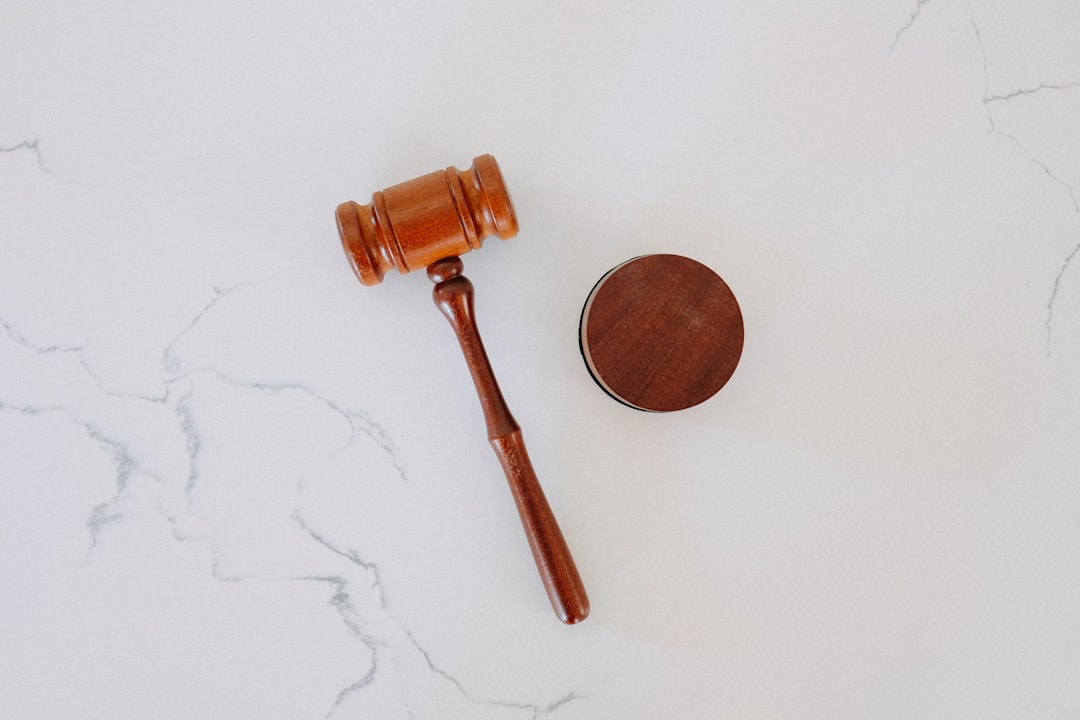
At Dundalk Marine Terminal, workers have a right to understand and protect themselves against fraudulent activities, especially concerning customs procedures. It’s crucial for employees to be aware of official customs protocols to avoid any deceptive practices. The U.S. Customs and Border Protection (CBP) agency handles all customs-related matters at the terminal, ensuring that goods are assessed, duties are collected, and compliance with import regulations is maintained. Workers should only interact with authorized CBP personnel and never disclose sensitive information over the phone unless they initiated the call and verified the individual’s identity.
To safeguard their rights, employees must follow established channels for any customs-related inquiries or issues. This includes reporting suspicious activities to terminal management and contacting official government agencies if they receive unsolicited calls asking for personal or financial details related to customs matters. Remember, reputable customs officials will never demand immediate payment over the phone or threaten consequences. By staying informed about these procedures, workers can protect themselves and contribute to a secure and efficient operation at Dundalk Marine Terminal.
Reporting and Preventing Future Incidents: A Collaborative Effort Between Workers and Authorities

When it comes to reporting and preventing future incidents, a collaborative effort between workers at Dundalk Marine Terminal and local authorities is key. The first step in this process is for employees to remain vigilant and educated about potential scams, such as the recent customs-related calls. If a worker receives a suspicious call, they should document the interaction, including any threats or requests for sensitive information. Reporting these incidents promptly to terminal management and relevant law enforcement agencies is crucial to initiate an investigation and protect others from becoming victims.
This partnership goes beyond individual actions; it encourages open communication channels where workers can share insights and patterns, helping authorities understand the tactics used by scammers. Regular training sessions and awareness campaigns can further reinforce security protocols, ensuring that both current and future employees are equipped with the knowledge to identify and combat such fraudulent activities. By working together, the terminal’s workforce and authorities can create a robust defense against these evolving scams, ultimately keeping sensitive information secure.
